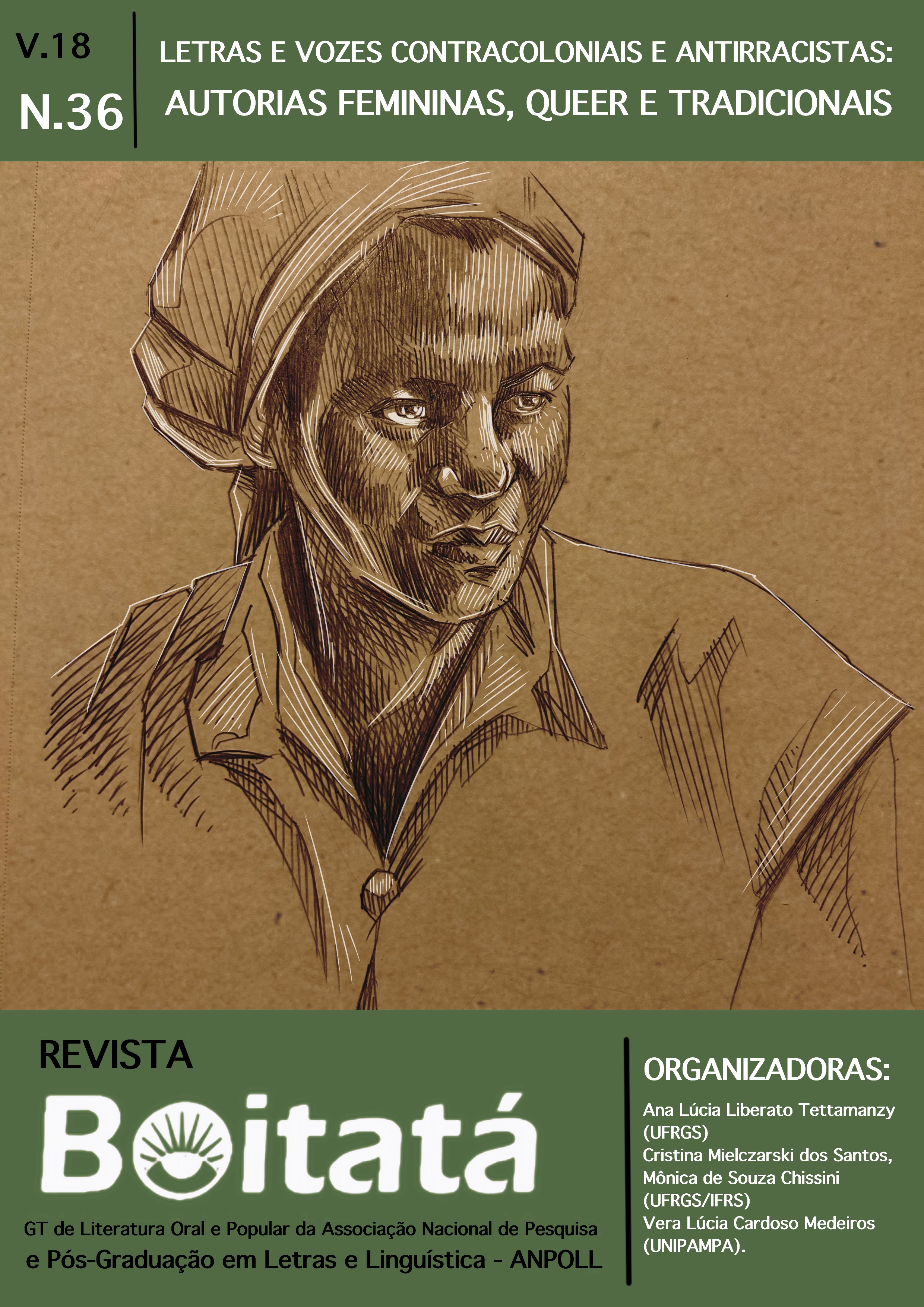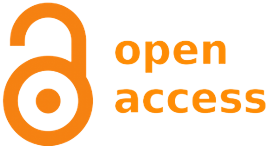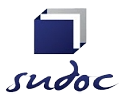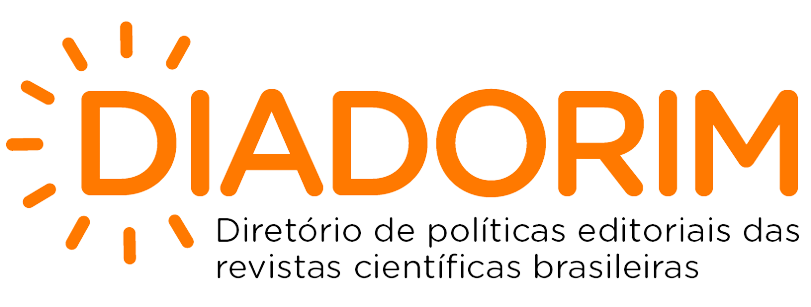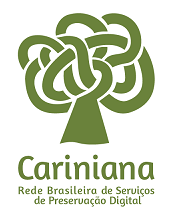Indigenous women authors and the writings of the body of the earth
DOI:
https://doi.org/10.5433/boitata.2023v18.e49735Keywords:
Linguistic appropriation, Artistic production of the indigenous peoples, Denízia CruzAbstract
This article proposes a reflection on how the field of oral poetics, both in its theoretical and epistemological debate and in its forms of expression and sociocultural production, contributes to a consideration of the identity and cultural construction of the indigenous peoples of Brazil. Particularly, it explores the ways in which oral poetics expands the means and materialities inscribed in the ways of accessing, experiencing, producing, and circulating the experiences of the sensible world. In this sense, we take as a theme the forced appropriation of the Portuguese language in oral and written expressions imposed on the native peoples of the Brazilian territory and its conversion into an instrument for claiming their rights, incorporated into ancestral voices to contemplate the fables produced by indigenous peoples through the conceptual image of printed writing transformed into new "combat weapons." To achieve this, we briefly delve into the poetic production of Denízia Kawany Fulkaxó, or Denízia Cruz, as she signs in her books, aiming to highlight one of the many possibilities for critical reflection on how the writings of indigenous peoples establish dialogue with non-indigenous people, provoking creative approaches and transformations in both language and appropriated culture.
Keywords: linguistic appropriation; artistic production of the indigenous peoples; Denízia Cruz.
Downloads
References
ANDRUETTO, M. T. Por uma literatura sem adjetivos. Tradução de Carmem Cacciacarro. São Paulo: Editora Pulo do Gato, 2013.
BARTHES, R. Aula. Tradução de Leyla Perrone-Moisés. São Paulo: Cultrix, 1980.
CANTO da Dondonzinha do Mar Sagrado. [S. l.]: Kariri Xocó, 2015. 1 vídeo (3 min). Publicado pelo canal Release Topic. Disponível em: https://www.youtube.com/watch?v=jrSqgl8PgwA. Acesso em: 15 dez. 2023.
CHIMAMANDA Adichie: o perigo de uma única história. [S. l.: s. n.], 2009. 1 vídeo (19 min). Publicado pelo canal TED. Disponível em: https://www.youtube.com/watch?v=D9Ihs241zeg&t=76s. Acesso em: 15 dez. 2023.
CRUZ, D. Kariri Xocó: contos indígenas. São Paulo: SESC Edições, 2021.
ELIANE Potiguara. Rio de Janeiro, 2022. Disponível em: http://www.elianepotiguara.org.br/#. Acesso em: 16 dez. 2023.
FOUCAULT, M. A ordem do discurso. 3. ed. São Paulo: Edições Loyola, 1996.
GONÇALVES, C. W. P. Entre América e Abya Yala: tensões de territorialidade. Revista Desenvolvimento e Meio Ambiente, Curitiba, v. 20, p. 1-2, 2009. Disponível em: https://www.ufrgs.br/estudoslatinoamericanos/wp-content/uploads/2019/04/ELA8%C2%BATexto9-1.pdf. Acesso: 3 fev. 2023.
ÍNDIO cidadão? Grito 3 Ailton Krenak. [S. l.: s. n.], 2014. 1 vídeo (4 min). Publicado pelo canal Índio Cidadão?. Disponível em: https://www.youtube.com/watch?v=kWMHiwdbM_Q.Acesso em: 20 dez. 2023.
JECUPÉ, K. W. Tupã Tenondé: a criação do universo, do homem e da terra segundo a tradição oral Guarani. São Paulo: Peirópolis, 2001.
KRENAK, A. Futuro ancestral. São Paulo: Companhia das Letras, 2022.
MIGNOLO, W. D. Histórias locais, pensamentos globais: colonialidade, saberes subalternos e pensamento liminar. Tradução de Solange Ribeiro de Oliveira. Belo Horizonte: Editora UFMG, 2020.
NIMUEDAJÚ, C. Mapa etno histórico do Brasil e regiões adjacentes. Belém: Plataforma Nimuendajú, 1944. Disponível em: http://mapa-nimuendaju.eita.coop.br/. Acesso em: 20 dez. 2023.
NHE'Ä’ Porã: Memória e Transformação. Concepção e curadoria Daiara Tukano. São Paulo: Museu da Língua Portuguesa, 2022. Exposição.
PAROKUMU, U.; KEHIRI, T. Antes o mundo não existia. 3. ed. Rio de Janeiro: Dantes, 2019. Disponível em:
https://www.livrariamaraca.com.br/produto/antes-o-mundo-nao-existia-umusi-parokumu-e-toramu-kehiri/. Acesso em: 20 dez. 2023.
Downloads
Published
How to Cite
Issue
Section
License
Copyright (c) 2024 José Carlos Felix, Carla

This work is licensed under a Creative Commons Attribution 4.0 International License.
Boitatá esta licenciada com CC BY sob essa licença é possível: Compartilhar - copiar e redistribuir o material em qualquer suporte ou formato. Adaptar - remixar, transformar, e criar a partir do material, atribuindo o devido crédito e prover um link para a licença e indicar se mudanças foram feitas.

